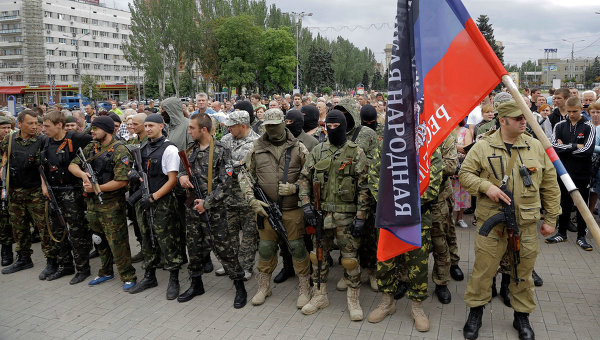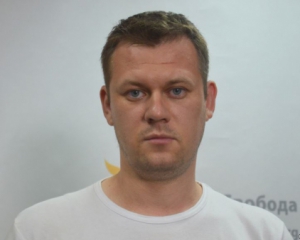The Prime Minister of the non-recognized DNR, Alexandr Zakharchenko, stated that the DNR is an “independent state” not subject to Ukrainian laws.
Alexandr Zaharchenko told RIA Novosti that the DNR will not recognize the law “On special circumstances of local self-government in certain districts of Donetsk and Luhansk oblasts”. He added that it was an internal matter for Ukraine and did not concern the Donbas.
“Ukraine can pass whatever laws they wish; they don’t concern us; we’re an independent state and our citizens voted for this independence (he is referring to the May 11th referendum - Ed.)” announced Zakharchenko.
“Kyiv is still under the illusion that it controls us, but that’s far from reality.”
said the leader of the so-called republic.
“There are no “special areas in the Donbas; there is only the DNR, our republic that will regain control over all the occupied territories within the borders of the Donetsk oblast of Ukraine.” added Zakharchenko.
What exactly is the law on the special status of some Donbas areas?
On October 16, the President of Ukraine, Petro Poroshenko, signed a law “On special circumstances of local self-government in certain districts of Donetsk and Luhansk oblasts”, which “will be introduced temporarily for a period of three years”. The law was adopted by the Ukrainian Parliament on September 16.
The law stipulates that local authorities will be able to enter into agreements on economic, social and cultural development with central government organs . Local authorities will have their say in appointing the heads of the Procurator’s Bureau and courts. A voluntary people’s militia will be established. Citizens will have the right to use any language they wish, and cross-border cooperation with Russia will be encouraged.
In addition, a special economic regime will be introduced in these Donbas districts. It will be aimed at restoring industries, infrastructures and housing, attracting investment and creating new jobs. The Cabinet of Ministers is instructed to implement a target programme for the development of these special-status areas; budget funds allocated to these zones will not be reduced, even in case of sequestration (across-the-board spending cuts-Ed.).





